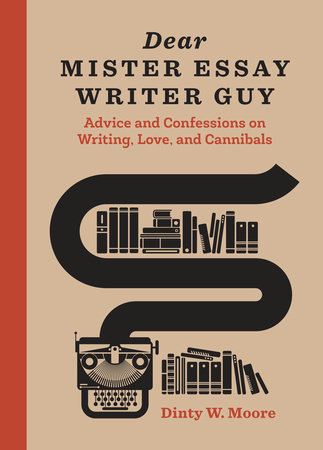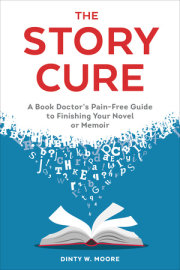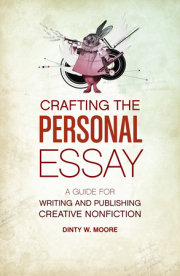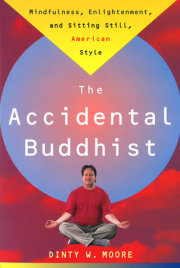Introduction Perhaps you are standing in the bookstore, scanning this introductory chapter, wondering just what sort of book you have in hand. You are a good-looking person whose minor flaws seem to only accentuate your considerable charm. You are intelligent. And immune to flattery. Moreover, you admire those who are plain-spoken, so let me be entirely forthright: This is the most important book ever published, except for a very old book that Moses started writing back in 800 BCE, one that a bunch of saints and raggedy disciples had to finish for him over the next thousand years.
Talk about missing a deadline! Boy,
his editor must have been mighty ticked off. In any case, that other book is all well and good, but it rapidly bogs down in questions such as how many goats must be slaughtered to atone for beheading your eldest son and who begat whom. Good stuff if you are a theologian, but stop to think a moment: are you a theologian?
Probably not.
The book you are holding here tackles more urgent questions, questions more relevant to the modern reader, questions such as “What is the essay? And why? And how ought we to feel about it, given that there is nothing on television this evening?”
To that end, I have reached out to contemporary essayists such as Phillip Lopate, Cheryl Strayed, Diane Ackerman, Lee Gutkind, Steve Almond, Lia Purpura, Ander Monson, and a host of other fine writers, many of whom are close friends with Oprah Winfrey. I asked each of them to send me a question about the contemporary essay, in an attempt to once and for all settle the burning question: who reads this stuff?
My inspiration here is the sixteenth-century French nobleman and father of the essay form Michel de Montaigne. He broke literary ground by writing mainly of the self, bravely admitting to the reader, “I cannot keep my subject still. It goes along befuddled and staggering, with a natural drunkenness.”
Drunkenness, befuddlement, the occasional staggering. What’s not to like? For those of you who have wondered, by the way, the name Montaigne is pronounced this way: Montaigne.
So this is a Writing Guide of sorts, but since the true arc of the essay is the author’s thoughts moving on the page in a compelling fashion, this is also a Thinking Guide. If you have trouble thinking, this is the book for you!
Enjoy yourself. Consider reading passages aloud to your spouse or partner, or just slither up to a complete stranger at the corner coffee shop and let loose a chapter or two. You’ll find yourself making lifelong friends that way.
And afterward, if you have questions, or are wondering where to send flowers, feel free to contact me (misteressayguy@gmail.com).
I do so look forward to hearing from you.
Sincerely,
Dinty W. Moore
aka Mister Essay Writer Guy
Copyright © 2015 by Dinty W. Moore. All rights reserved. No part of this excerpt may be reproduced or reprinted without permission in writing from the publisher.












